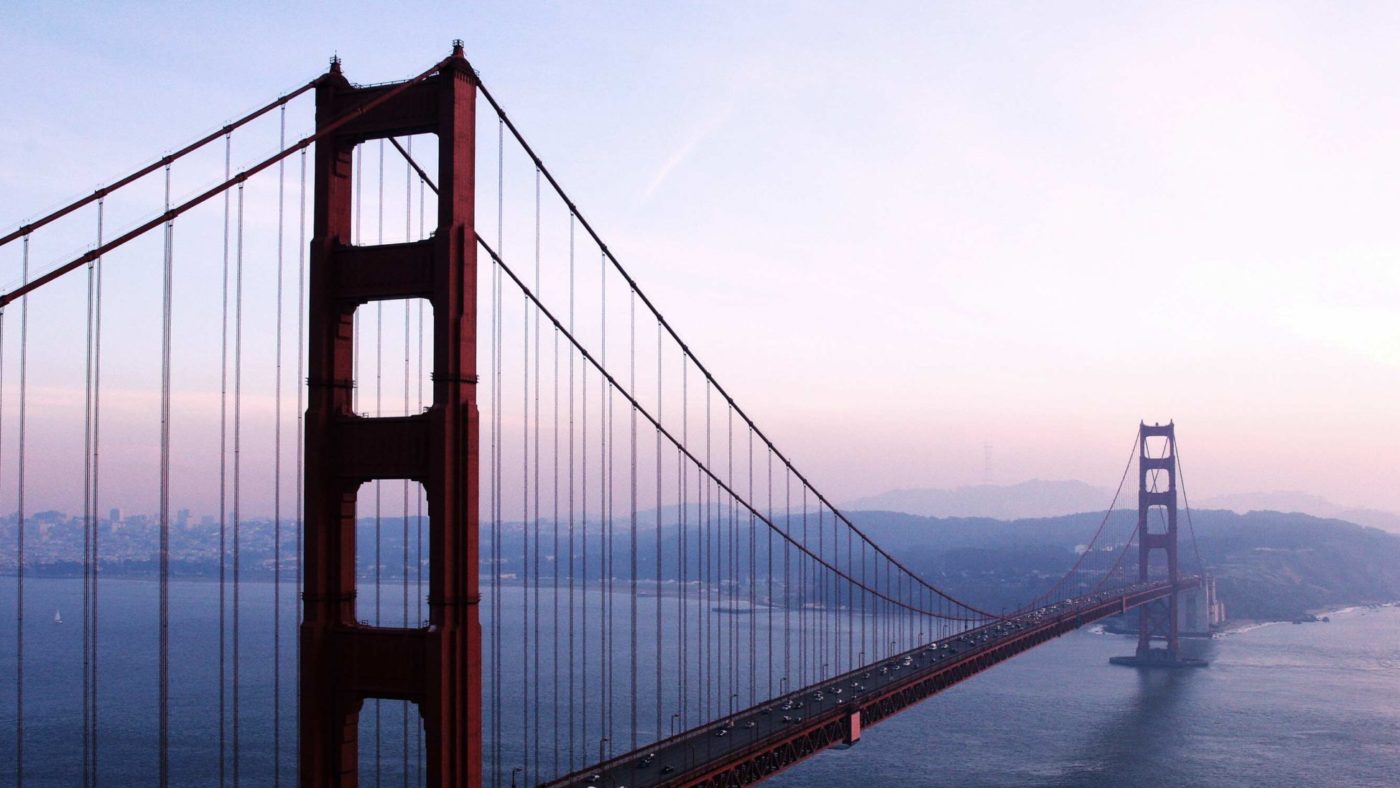California’s economy is now bigger than Britain’s. According to data published last month, if the state were an independent country, it would be the fifth largest economy in the world.
America’s most populous state – home to 40 million people – grew in real terms by 3 per cent last year, compared to 2.3 per cent for the country as a whole. The unemployment rate – 4.2 per cent – is the lowest in the state’s history. As well as being great news for Californians, this is a rather inconvenient truth for Donald Trump.
The US president likes to attribute the good health of the economy to his tax cuts, his hard line on trade and a bonfire of consumer protections and environmental regulations.
California hasn’t just done things differently; it’s chosen to go in exactly the opposite direction. The state that voted two-to-one against Trump is at the forefront of the fight against climate change. It recently raised state income tax. Regulations abound. It comes in at 49th in the Cato Institute’s ranking of freedom in the 50 states.
Whereas the president has built his economic message around old-fashioned industries like coal and steel, California is home to some of the most innovative and disruptive firms in the world, including a booming green energy sector.
What makes California’s economic story particularly impressive is the depths from which it has risen. Hit hard by the Great Recession, it has bounced back impressively, outperforming the rest of the country on every big economic metric. The state is home to just over 10 per cent of Americans but was responsible for a quarter of the country’s economic growth between 2012 and 2016. As the federal deficit grows wider, California has swapped a $27 billion budget deficit for a $6 billion surplus.
It’s not hard to see why the state is touted as a blueprint for a liberal American future. Its success also poses difficult questions for those of us who tend to think that lower taxes and less government intervention are the path to prosperity.
But there’s a problem with the Californian story that complicates matters. Ironically, it’s exactly the issue that is a major concern of the state’s champions on the liberal Left. That problem is a high level of inequality and an acute cost of living crisis.
California is one of the most unequal states in an unequal country. The cost of living in there is higher than in any other mainland state. When you factor that in, the state has the highest poverty rate of anywhere in America. Its income tax and sales tax are both high and its property taxes hit new homeowners disproportionately hard.
Housing is at the heart of the problem. The median house price in San Francisco is now $1.6m, twice what it was five years ago. But it isn’t just the capital of the tech boom. Across the state, housing is becoming cripplingly expensive. So expensive, in fact, that in 2014 Honda moved its US headquarters to Texas so that its employees could afford a home.
In other words, for all that California appears to work, it works pretty badly if you’re at the bottom of the pile. And in many important ways government is to blame.
A general sense, pervasive on the Left, that you’re the good guys can blind you to the harm done by the policies you support. That certainly seems to be true of California. Ill-defined environmentalism means it is shutting its nuclear plants – the cheapest sources of low-carbon energy. Occupational licencing – on which California is one of the worst offenders – is intended to protect consumers, but in many cases just excludes those at the margins. Most obviously of all, the housing shortage is a product of green-washed NIMBYism that uses government to keep prices artificially high. State-induced scarcity is the enemy of equality.
The West Coast story therefore contains two lessons, one for the Right, the other for the Left.
On the Right, the lesson is to be more open-minded about the ways in which smart regulation can encourage innovation rather than choke it off, and correct market distortions rather than simply impose costs on all businesses.
For the Left, the takeaway is that inequality is not necessarily the product of unbridled free market capitalism. And that more government doesn’t necessarily mean a fairer economy. In fact, California demonstrates that often it means exactly the opposite.
This article is taken from CapX’s Weekly Briefing email. Sign up here.


